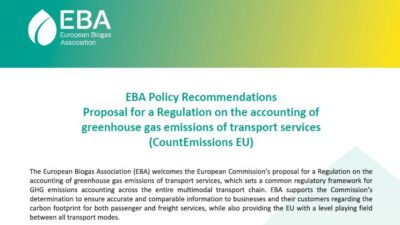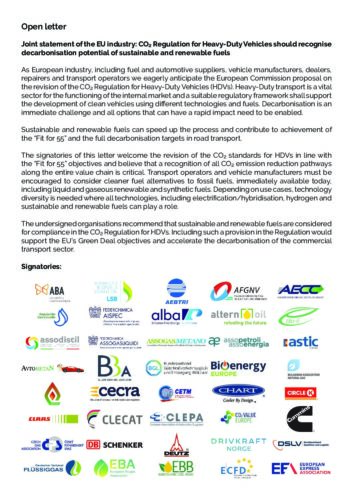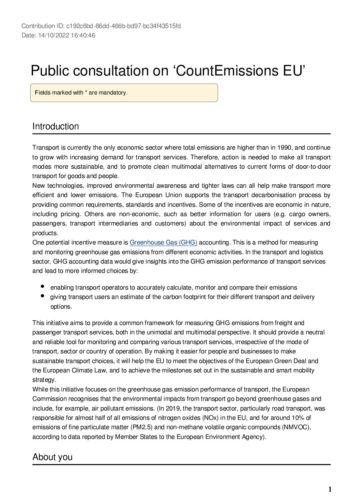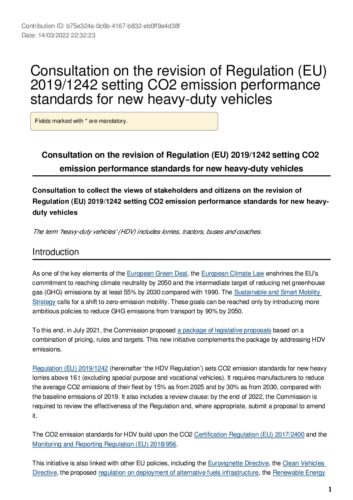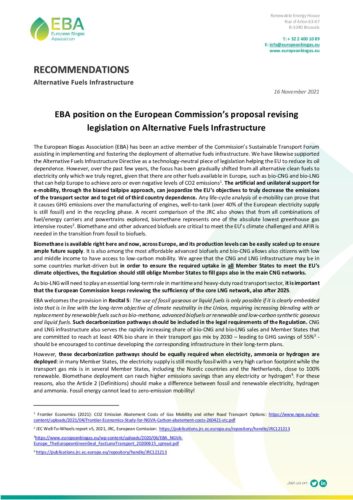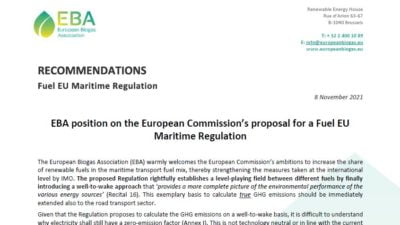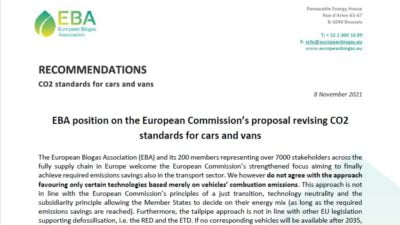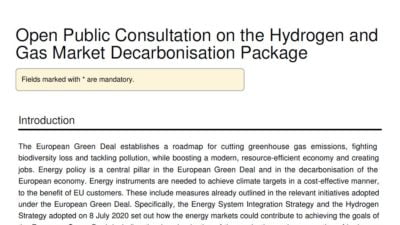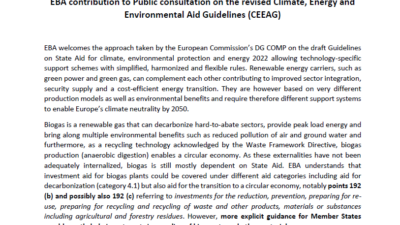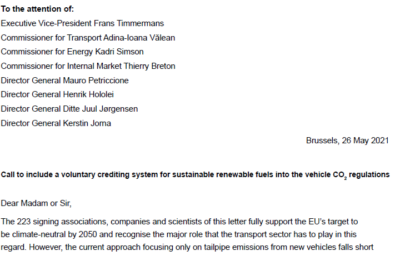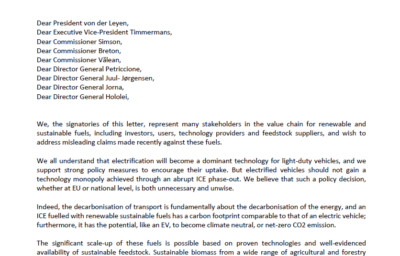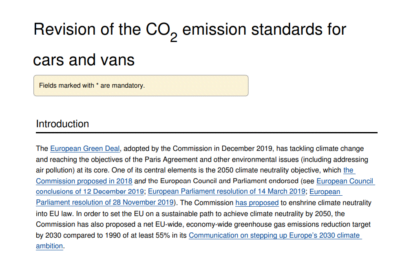Promoting the energy transition
In order to comply with the climate commitment made at the COP21 in Paris, the European Union will need to effect an energy transition in all sectors; this also applies to the gas sector. All gas supply in Europe must be renewable – or decarbonised – by 2050. Renewable gas is an important pillar in sustainable sector coupling and sector integration and one of the very few technologies able to reduce emissions in agriculture.
In addition, the transport sector must reduce greenhouse gas emissions and play a role in mitigating the climate change. This process needs to be assessed by considering the Well-to-Wheel (WTW) greenhouse gas (GHG) emissions, a combination of the fuel production and distribution (WTT), as well as the emissions generated during the fuel combustion on the vehicles (TTW). Under this perspective, renewable gas is a strong accelerator to carbon neutral mobility.
EBA policy recommendations on gas legislation
- In order to reach net zero emissions in the EU by 2050, also the gas grid and the gas sector must be gradually de-fossilised. The tax revenues from the gas sector should be prioritized for financing this green transition that will benefit so many sectors of the European economy.
- Push the renewable gas production volumes by introducing a target for renewable gas in Europe. Following the successful examples at national level.
- Incentivize the cost-effective green transition also in heavy industries and shipping – key sectors for biomethane now and in the future.
- In order to ensure truly sustainable transport, Life Cycle Assessment calculations should replace tailpipe emissions in all legislation related to clean vehicles and CO2 standards, to ensure GHG savings are calculated with objective and non-discriminatory criteria across all technology options.
- Even within Europe, there will be regional preferences on the deployment of alternative fuels: all clean vehicles and their infrastructure should be equally promoted.
- The LNG sector is growing rapidly in Europe and there is an increasing interest in liquified biomethane to be used in heavy duty transport, shipping and various industries. The European LNG strategy (2016) should be revised to incentivize the deployment of liquified biomethane to gradually replace fossil LNG. A blending target of 10% for LNG suppliers, as in the Netherlands as of 2021, should be introduced EU-wide.
- EU funding and research projects should support innovative technologies able to increase the volumes of green gas globally: gasification and power-to-methane.


